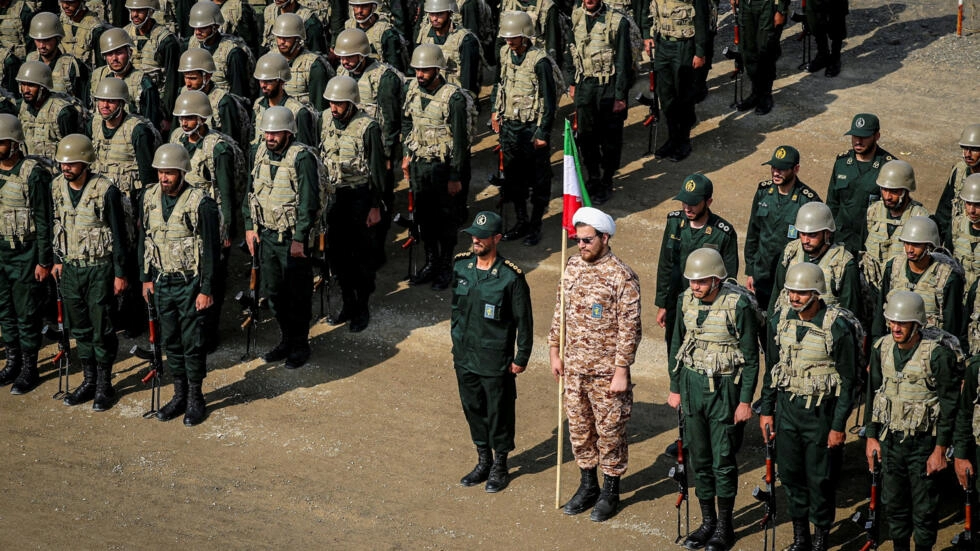Iran warned Europeans on Thursday (19) against adding the Revolutionary Guards, the Islamic Republic’s ideological army, to the list of terrorist organizations, as requested by the European Parliament. The inclusion is likely to increase tensions between the European Union (EU) and Iran.
Tehran has warned that such a decision would have “negative consequences,” while friction issues with the European Union have been increasing for several months in the context of the protest movement in the country and the war in Ukraine.
This tension could reach a new level if the EU agrees to the demands of the majority of MEPs calling for qualifying the Revolutionary Guard Corps (IRGC) as a “terrorist organization,” as the United States did, in 2019.
The decision, which is complex to implement, falls to the European Council, the only one with the power to apply sanctions. Some member states have declared themselves in favor, while others are more cautious.
A fourth package of sanctions against Iran will be on the menu of the next meeting of chancellors on January 23.
The position of the MEPs is “inadequate” and based on an “emotional approach,” denounced Iranian Foreign Minister Hossein Amir Abdollahian during a phone conversation with European diplomacy chief Josep Borrell.
For him, the EU would shoot itself in the foot by blacklisting the IRGC, considered by experts to be Iran’s most powerful military and security force.
“The IRGC is an official and sovereign institution that plays a vital role in ensuring the national security of Iran and the region, especially in the fight against terrorism,” the minister explained.
Placing it on the list of terrorist organizations “would affect security, tranquility and peace,” the Iranian Army General Staff added, saying that without the Guardians’ commitment, “European governments would be under the control of Daesh,” the Islamic State group active in Syria and Iraq in particular.
Functions of the Revolutionary Guards
Created in 1979 after the victory of the revolution against the Shah’s rule, the Guardians (“Sepah-é Pasdaran” in Persian) have land, naval and air forces with estimated manpower of more than 120,000.
Among the functions assigned to the Guardians are the security of the Gulf and the Strait of Hormuz, through which many oil tankers pass, and the management of ballistic development programs.
The resolution adopted by the European Parliament explicitly emphasizes that the Quds forces – which operate outside the borders – and the Basij militia, both affiliated with the IRGC, should be placed on the list.
The text calls for a ban on “any economic or financial activity” with the many companies controlled directly or indirectly by the Guardians.
In the amendment approved on Wednesday (18), MEPs blame the IRGC for the “repression of protesters” mobilized against power since the September 16 death of Mahsa Amini, but also for “supplying drones to Russia” as part of the war in Ukraine.
Release of European citizens
European countries are also mobilizing to obtain the release of their citizens, including several with dual nationality, detained in Iran.
France said on Tuesday (17) that it was “extremely concerned” about the state of health of Bernard Phelan, a 64-year-old French-Irish national who has begun a hunger and thirst strike.
The 27 EU member states strongly denounced the execution on January 14 of the Iranian-British Alireza Akbari, a former Iranian Defense Ministry official sentenced to death for spying for the British intelligence services.
These tensions add to the difficulties of the negotiations on the Iranian nuclear issue, which remain in a stalemate, even though Borrell affirmed to Abdollahian his willingness to continue the “efforts” to reach an agreement, according to the Foreign Ministry.
(With information from AFP) *** Translated by the DEFCONPress FYI team ***
